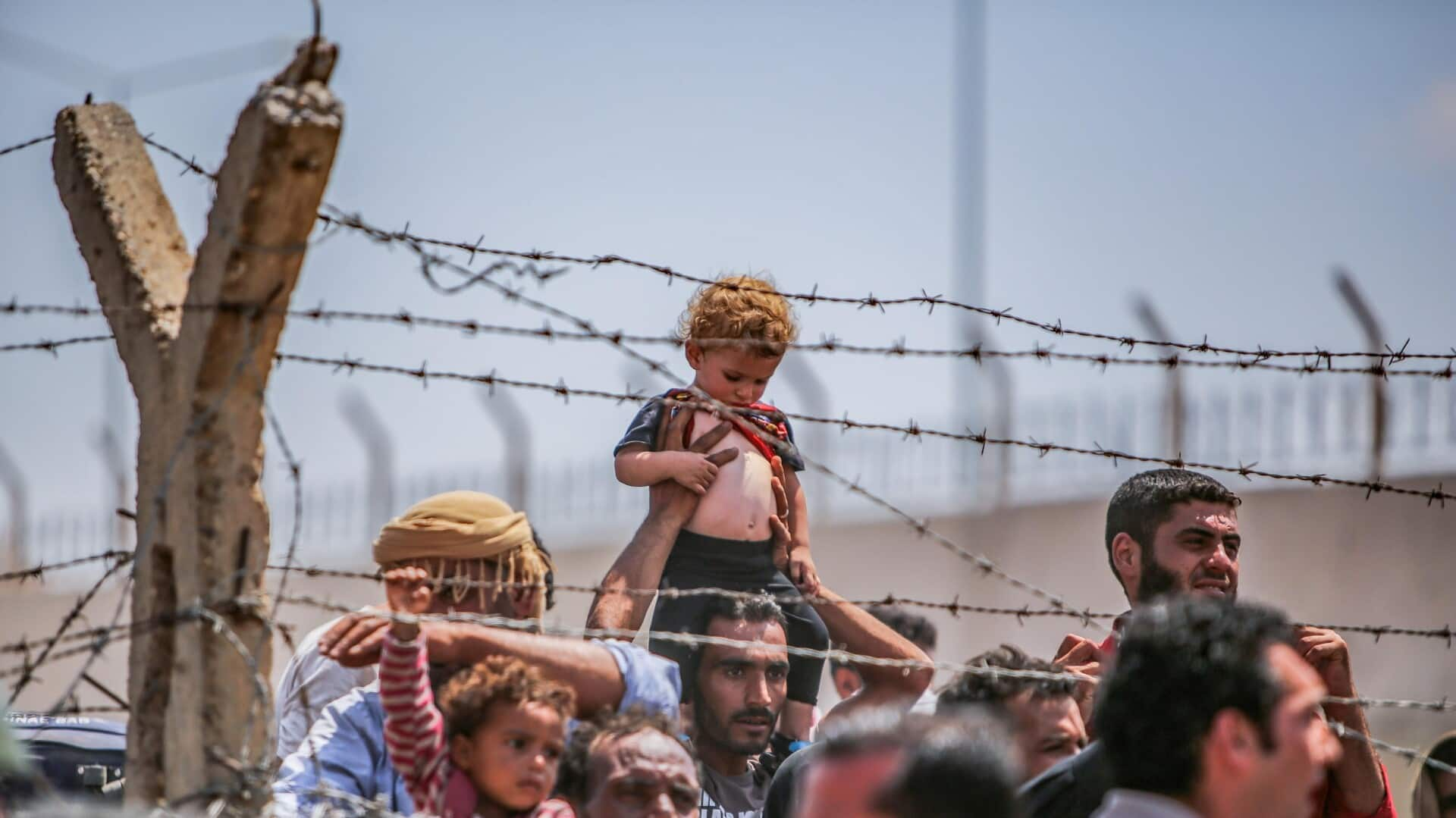
UN seeks $47B aid for 2025; donors reluctant amid crises
What's the story
The United Nations (UN) has appealed for $47 billion in aid for 2025 to help around 190 million people affected by conflict and starvation. The initiative will focus on 32 countries, including Sudan, Syria, Gaza, and Ukraine, it said. Tom Fletcher, the new UN aid chief, called the current situation "an unprecedented level of suffering," stressing, "The world is on fire, and this is how we put it out."
Funding challenges
UN's 2025 aid appeal excludes millions due to funding limitations
The $47 billion appeal marks the fourth largest in the history of the Office for the Coordination of Humanitarian Affairs (OCHA). However, Fletcher admitted it leaves out roughly 115 million people whose needs cannot be realistically funded. He emphasized the need to focus on those in dire need and be "really ruthless" in prioritizing aid.
Funding shortfall
UN's 2024 aid appeal faces funding shortfall
The UN's 2024 appeal was initially pegged at $56 billion but later lowered to $46 billion amid waning donor interest. Even with the reduction, it is only 43% funded, one of the lowest rates on record. The US has contributed over $10 billion, making up nearly half of the funds received. This funding gap has compelled aid workers to make tough choices like slashing food assistance by 80% in Syria and reducing water services in cholera-hit Yemen.
Aid concerns
Concerns over potential aid cuts from western states
Concerns have been raised over possible aid cuts from Western states, including the top donor, the US. Incoming President Donald Trump had previously maintained UN aid budgets during his first term but halted some other UN spending. Aid officials now fear possible reductions under his administration. Jan Egeland of the Norwegian Refugee Council expressed concern over global attitudes toward humanitarian aid, warning political developments might not favor continued support.
Crisis duration
Crises now lasting longer, averaging 10 years: OCHA data
Another challenge is that crises now last longer than before, averaging 10 years (OCHA data). WHO's Mike Ryan said some states are entering a "permanent state of crisis." The European Commission and Germany are the second and third largest donors to UN aid budgets this year. However, Danish Refugee Council's Charlotte Slente warned Europe's contributions may be uncertain as funds shift toward defense priorities in a more fragile world.